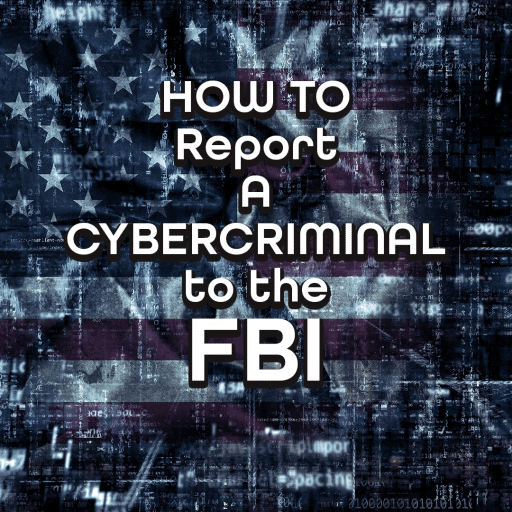Have you ever received an email from an unknown sender claiming they have access to your computer and have been watching you via your webcam? Scammers are using this popular email scam known as the “You’ve been hacked” email sextortion scam to extort money from their victims. While the thought of someone having access to your computer and being able to monitor your online activity is terrifying, it’s essential to know that these emails are often bluffing, and there are steps you can take to protect yourself. In this blog post, we will explore this scam, how it works, and what you can do to protect yourself from it.

Identifying and Verifying Legitimate Threats
The “You’ve been hacked” email scam involves the attacker sending an email to unsuspecting targets, stating that they have installed malware or spyware on their computer and have been monitoring their online activity. In some cases, they even claim to have compromising footage of their victim obtained via their webcam. The attacker then demands payment in either cryptocurrencies, gift cards, or via money transfer apps such as Venmo, threatening to share the alleged footage of the victim if they don’t comply with the demands.
The initial threat can be terrifying to receive. However, it’s important to note that these email sextortion threats aren’t always genuine and can often be hoaxes. In this case, a cybercriminal will make these false claims to instill enough fear and anxiety in their victims so they can believe the threats and give in to their payment demands. The attackers often send out these emails in bulk and don’t have real access to the victim’s computer. Here are some signs your sextortion email is fake:
- Lack of personal information about you in the email
- They provide no proof of nude images or videos of you
- You still have access to your email and other online accounts
- You haven’t seen any suspicious activity on your device
- You don’t have any intimate content saved on your device that could be used against you
It’s easy to spot a genuine email sextortion threat. Look for specific details and proof. These scammers mean business and will go to extremes to prove it. They’ll include screenshots of your private content, login credentials to your online accounts, and even reveal your address and place of work.
You will know if they have control of your device and personal info because you’ll be locked out of some of your accounts. That said, there would be no denying whether or not your email sextortion is legit if the threats provide proof.
Steps to Take When Receiving a “You’ve Been Hacked” Email Sextortion
These emails can be distressing and alarming, leaving you questioning how much of your personal information has been compromised. However, it’s important not to panic; here are some steps to take when receiving a sextortion email.
Step 1: Change Your Passwords and Enable Two-Factor Authentication
After receiving a sextortion email, securing all your online accounts is essential. Change your passwords on all online accounts, including your email, social media, and banking accounts. Ensure that you are using strong passwords that are difficult to guess, and enable two-factor authentication where possible. This will ensure that a hacker cannot access your accounts without authorization, even if your password is compromised.
Step 2: Run a Malware Scan
If you are concerned that your device may have been infected with malware, run a malware scan. There are many reputable antivirus programs available that can help detect and remove any malicious software on your device. It’s better to be safe than sorry, so take the time to run a scan and ensure that your device is secure.
Step 3: Report the Email
If you have received a sextortion email, you must report it to the relevant authorities. You can report the email to the National Cyber Security Centre or the local police department. Reporting the email can help end the harassment and prevent others from falling victim to the same scam.
Step 4. Do not Pay the Ransom
Paying off your blackmailer is never the right move. Doing so will only encourage them to return for more money and escalate to other demands.
Step 5. Strengthening Your Cybersecurity
Taking steps to protect yourself against online attacks is essential. It’s about preventing financial loss and safeguarding your personal information and valuable data. With a little effort and some basic knowledge, you can significantly reduce your risk of cyber threats.
Summary
Receiving a “You’ve Been Hacked” email with an online sextortion tone can be a scary and alarming experience, but it’s important not to panic. By following the steps outlined in this blog post, you can take control of the situation and ensure your personal information is secure. Remember to implement the best cybersecurity practices, report sextortion emails, and always take steps to protect yourself online. Stay safe and take care.






